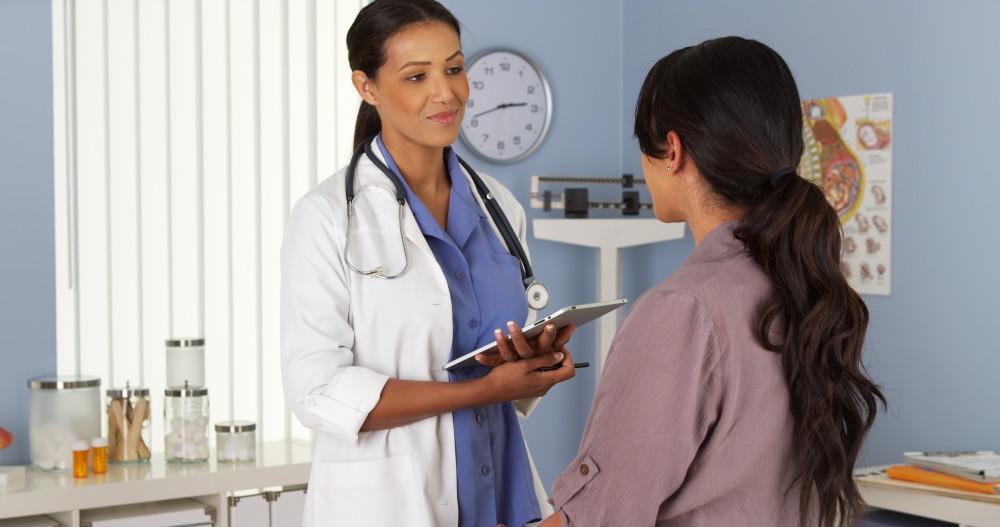Women with endometriosis who want to have children often live in fear that they’ll never be able to conceive. Fortunately, with today’s advances in research and a better understanding of the condition than in past decades, it’s possible to have a baby even if you’ve been diagnosed with endometriosis. Donna J. Hagberg, MD, an experienced gynecologist in Cos Cob, Connecticut, answers your questions surrounding this condition that affects your reproductive system.
Will endometriosis prevent me from becoming pregnant?
While endometriosis certainly makes it more challenging to get pregnant, it by no means prevents pregnancy. Endometriosis is a painful condition in which the lining of your uterus — the endometrium — grows outside of your uterus. Depending on the severity of your condition, endometrial tissue can grow around your ovaries, intestines, or fallopian tubes.
Where the endometrial tissue grows may interfere with your ability to get pregnant if the tissue:
- Blocks your ovaries from releasing eggs
- Stops your fallopian tubes from functioning properly
- Blocks your fallopian tubes
Endometriosis can also make intercourse so painful that you can’t endure it. In many cases, birth control medications alleviate painful periods, chronic pelvic pain, heavy menstrual bleeding, and other common symptoms of endometriosis. It’s a bit of a conundrum, though: Birth control relieves your symptoms but, obviously, it also prevents you from becoming pregnant.
Do I have to choose between relieving endometriosis symptoms and trying to get pregnant?
This depends on the severity of your endometriosis. If you’re trying to get pregnant, and endometrial tissue is obstructing part of your reproductive system, a simple surgery may be successful in removing the blockage so you have a better chance of conceiving.
In other cases, Dr. Hagberg may prescribe gonadotropin-releasing hormones (GnRH) as a temporary solution to alleviate painful endometriosis symptoms that may also help increase your chances of getting pregnant in the future.
You take the hormones as Dr. Hagberg prescribes to halt the process of ovulation, and in so doing, you slow the growth of endometrial tissue. You won’t be able to get pregnant while taking GnRH. However, when you stop taking the hormones after a period of time, your body may be less inhibited by endometriosis and therefore more prepared to allow you to conceive.
If I have endometriosis, can I still conceive naturally?
Many women are able to conceive naturally even though they have endometriosis. Again, it depends on the severity of your symptoms. Even if you need surgery to unblock a fallopian tube or another area of your reproductive system, research suggests you may be one of the 30%-80% of women who become pregnant naturally after surgery.
Infertility typically occurs after a year of trying to conceive without success. For women with endometriosis, if you’re unable to get pregnant after six months, especially if you’re over 35 when your natural ability to conceive begins to decline, you may want to discuss alternative fertility options like:
- Freezing your eggs
- Superovulation and intrauterine insemination
- Fertility medications
- In vitro fertilization (IVF)
IVF is often a solution for women with moderate to severe endometriosis, or for those who’ve tried other methods and fertility treatments without success. It works about 50% of the time.
If I do become pregnant with endometriosis, is my baby’s health at risk?
While having endometriosis doesn’t put you and your baby into a low-risk pregnancy category, it doesn’t necessarily mean either of you are at risk. Women with endometriosis who become pregnant have higher rates of cesarean deliveries, preterm deliveries, and other complications. However, it’s also possible to have a healthy pregnancy and deliver a healthy baby even if you have endometriosis.
Dr. Hagberg works with you to help your body prepare for pregnancy and help you stay healthy. One of the biggest problems of endometriosis is inflammation. When you take steps like eating well, maintaining a healthy body weight, and getting enough exercise, you help to decrease inflammation naturally, and increase your ability to have a healthy, full-term pregnancy.
Endometriosis may make it more challenging to become pregnant, but certainly not impossible. If you have endometriosis and are planning to have children, it’s a good idea to make an appointment with Dr. Hagberg so she can help optimize your chances of getting pregnant.
Call the office to schedule a consultation or use the convenient online booking tool.

